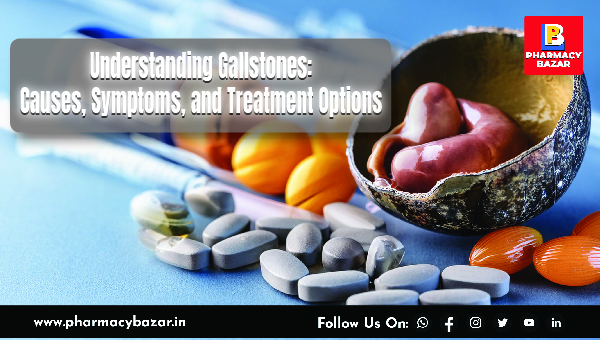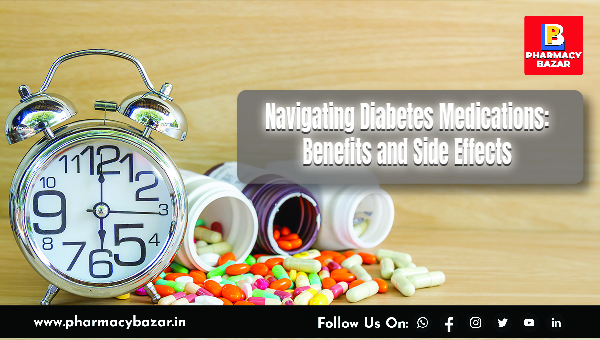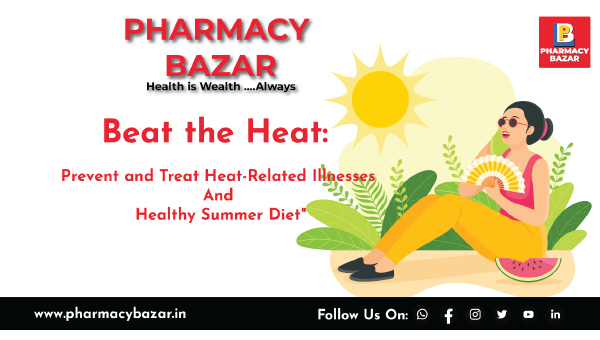Beat The Heat
Apr 27, 2023
Summers in India typically occur from March to June, with temperatures varying across the country. Some parts of India, such as the northern plains, experience extremely hot temperatures that can reach up to 45-50 degrees Celsius, while other regions such as the hilly areas have more moderate temperatures. It is important to note that India is a large country with diverse climates, so temperatures and weather patterns can vary depending on the region.
here are some common heat-related illnesses in India along with their symptoms and remedies:
Heat exhaustion: This occurs when the body loses too much water and salt through sweating. Symptoms of heat exhaustion include heavy sweating, weakness, dizziness, nausea, headache, and muscle cramps.
Remedies: If you or someone you know is experiencing heat exhaustion, move them to a cool and shaded area and offer them cool water or other non-alcoholic and non-caffeinated beverages. Loosen or remove any tight clothing and use a cool compress or take a cool shower or bath to lower the body temperature. If symptoms persist or worsen, seek medical attention.
Heat stroke: This is a severe form of heat illness that occurs when the body's temperature regulation system fails, and the body temperature rises to dangerous levels. Symptoms of heat stroke include a high body temperature, confusion, seizures, rapid heartbeat, and loss of consciousness.
Remedies: If someone is experiencing a heat stroke, it is important to call emergency medical services immediately. Move the person to a cool and shaded area, remove any tight clothing, and use cool water or ice packs to bring the body temperature down. Continue to monitor the person's condition until medical help arrives.
Dehydration: This occurs when the body loses too much fluid, and it can lead to symptoms such as thirst, dry mouth, headache, dizziness, and fatigue.
Remedies: To prevent dehydration, drink plenty of fluids, particularly water, and avoid alcoholic and caffeinated beverages, which can increase dehydration. If you are experiencing mild dehydration, drink fluids containing electrolytes, such as sports drinks or coconut water. If dehydration is severe, seek medical attention.
Heat rash: This is a skin condition that occurs due to sweating, leading to the development of small, itchy bumps on the skin.
Remedies: To treat heat rash, keep the affected area clean and dry, and avoid scratching the rash. Use a cool compress or take a cool shower or bath to alleviate itching. If the rash is severe or does not improve after a few days, seek medical attention.
Sunburn: Exposure to the sun's UV rays can cause skin damage and sunburn, leading to symptoms such as redness, pain, and peeling skin.
Remedies: To treat sunburn, apply aloe vera gel or other moisturizing creams to the affected area, and avoid exposure to further sun exposure. Stay hydrated and take pain relief medications if necessary. If sunburn is severe or accompanied by fever, seek medical attention.
Preventing heat-related illnesses is important, and it can be done by staying hydrated, avoiding being outdoors during the hottest parts of the day, wearing loose and light-colored clothing, and taking frequent breaks when engaging in outdoor activities.
The summer season in India can be challenging due to the hot and humid weather, which can lead to various health issues. Consuming a well-balanced and nutritious diet can help you stay healthy and hydrated during the summer season. Here are some tips on the ideal diet for summers in India:
Hydrate: Staying hydrated is essential during the summer season. Drink plenty of water, coconut water, and fresh fruit juices. Avoid caffeinated and alcoholic drinks, as they can dehydrate the body.
Include seasonal fruits and vegetables: Eat plenty of fresh and seasonal fruits and vegetables, such as mangoes, watermelons, cucumbers, tomatoes, and leafy greens. They are rich in vitamins, minerals, and fiber, and help keep the body cool and hydrated.
Avoid heavy meals: Avoid heavy and spicy meals, as they can increase body heat and cause indigestion. Instead, opt for light and easy-to-digest meals, such as salads, soups, and curries made with seasonal vegetables.
Include probiotics: Consuming foods rich in probiotics, such as curd or yogurt, can help maintain a healthy gut and boost the immune system.
Stay away from oily and fried foods: Oily and fried foods are difficult to digest and can increase body heat, leading to health issues such as indigestion and acidity.
Stay away from packaged and processed foods: Packaged and processed foods are usually high in salt, sugar, and preservatives, and can dehydrate the body. Try to eat fresh and home-cooked meals instead.
Stay away from carbonated drinks: Carbonated drinks can cause bloating and indigestion. It's best to avoid them during the summer season.
By following these dietary tips, you can maintain a healthy diet and stay hydrated during the summer season in India.
DISCLAIMER: This article is the property of Pharmacy Bazar and is protected by copyright laws. The information provided in this article is for educational and informational purposes only and is not intended to be a substitute for professional medical advice, diagnosis, or treatment. Always seek the advice of a qualified healthcare provider with any questions you may have regarding a medical condition. Never disregard professional medical advice or delay in seeking it because of something you have read in this article. The author and publisher of this article do not endorse any specific treatments, procedures, or products mentioned in this article.
Recent Post

Blood Cancer: Early Warning Signs and Diagnosis

Understanding Gallstones: Causes, Symptoms, and Treatment Options

Navigating Diabetes Medications: Benefits and Side Effects

Revolutionizing Cancer Treatment: How Unleashing T Cells' Energy Could Transform Immunotherapy

The Power of Lower Back Stretches: Benefits and Best Yoga Asanas for a Healthy Spine

8 Health Conditions That Could Be Due to Magnesium Deficiency

Unlocking Brain Health: How Lifestyle Choices Impact Cognitive Functions

When Speech Takes a Surprising Turn: Unraveling Foreign Accent Syndrome

The Optimal Time to Take Your Vitamin D Supplement: Insights and Best Practices

Beyond Diabetes: Unveiling the Hidden Health Risks of Insulin Resistance

